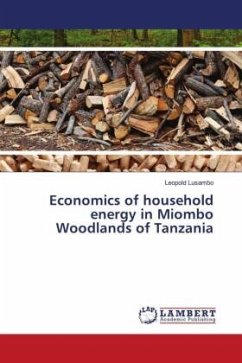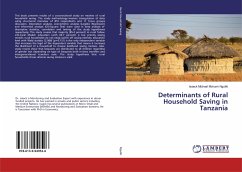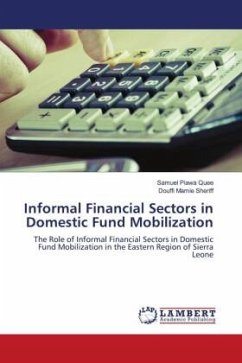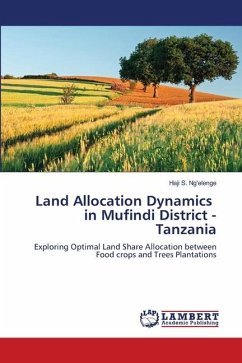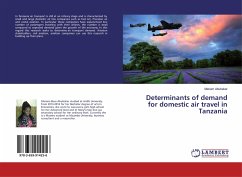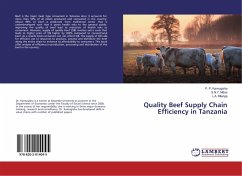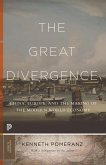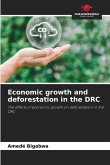Tanzanian households depend primarily on wood fuel as a source of energy. However, the consumption patterns and intensities and their consequent environmental costs remain poorly understood. The aim of the present study was therefore to provide a better understanding of households' energy consumption and its associated costs, and evaluate selected alternative strategies for lessening dependency on wood fuel. Stratified random sampling design was used in order to capture energy consumption patterns between rural, peri-urban and urban populations and across household wealth categories. Household fuel consumption in the study areas was found to be unsustainable: heavy dependency on wood fuel was found to be responsible for net deforestation rate of 12.48 ha/day, translating to 45% of total deforestation in Tanzania. Household energy consumption (all fuels) was found to give rise to approximately 41% of CO2 emission in the country. Wood fuel utilisation accounted for 85% of total household CO2 emissions. The total environmental cost attributable to household energy consumption in the study area was estimated at US$ 201 million annually.
Bitte wählen Sie Ihr Anliegen aus.
Rechnungen
Retourenschein anfordern
Bestellstatus
Storno

